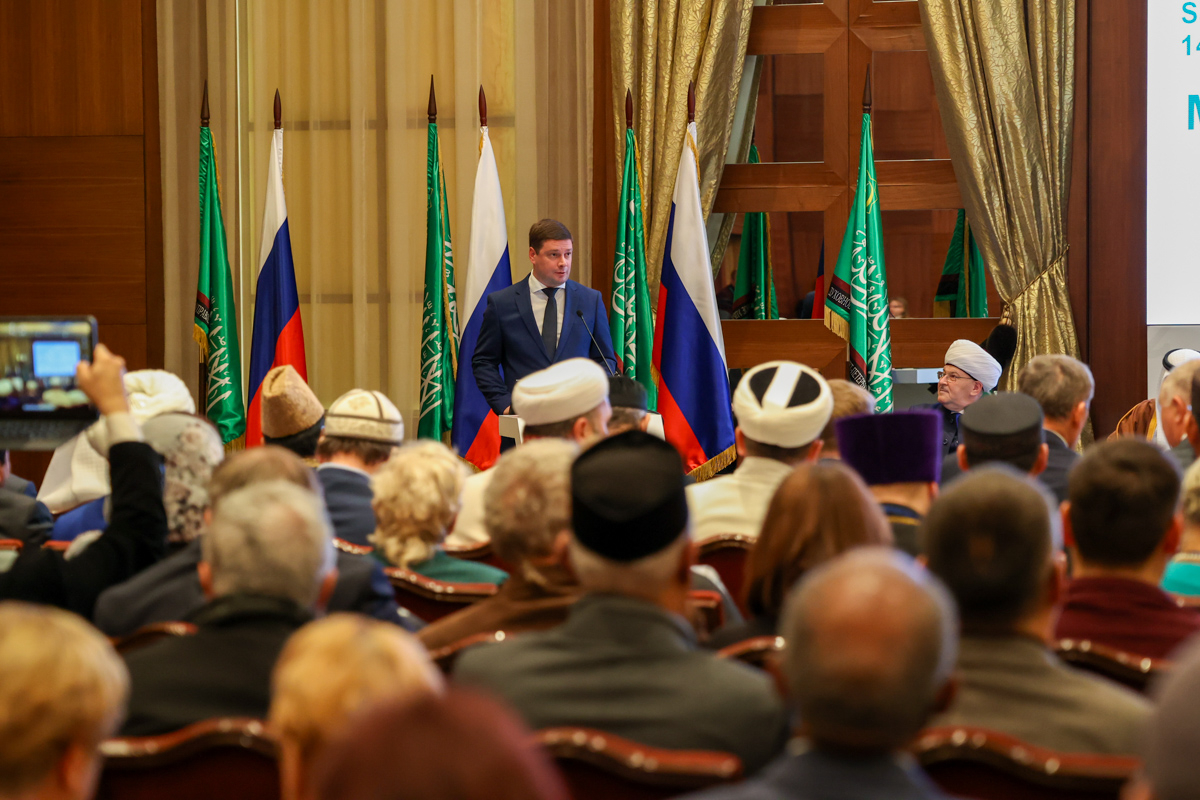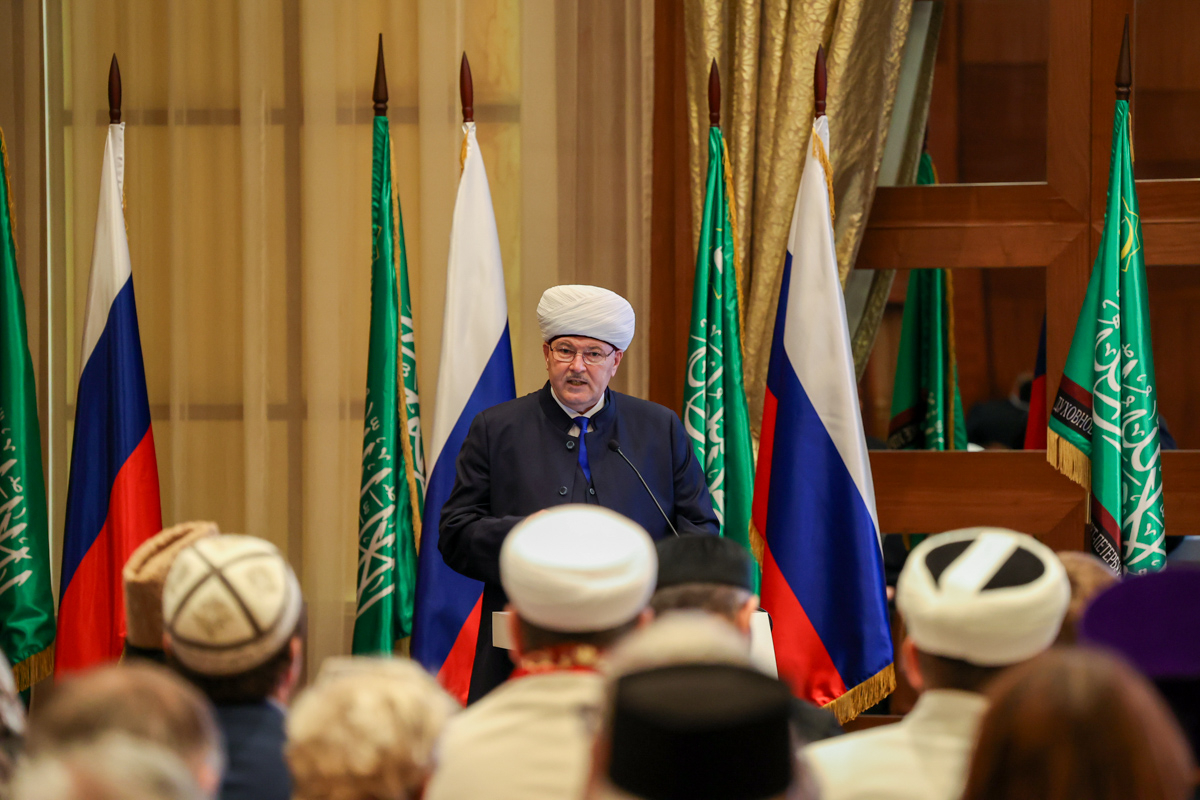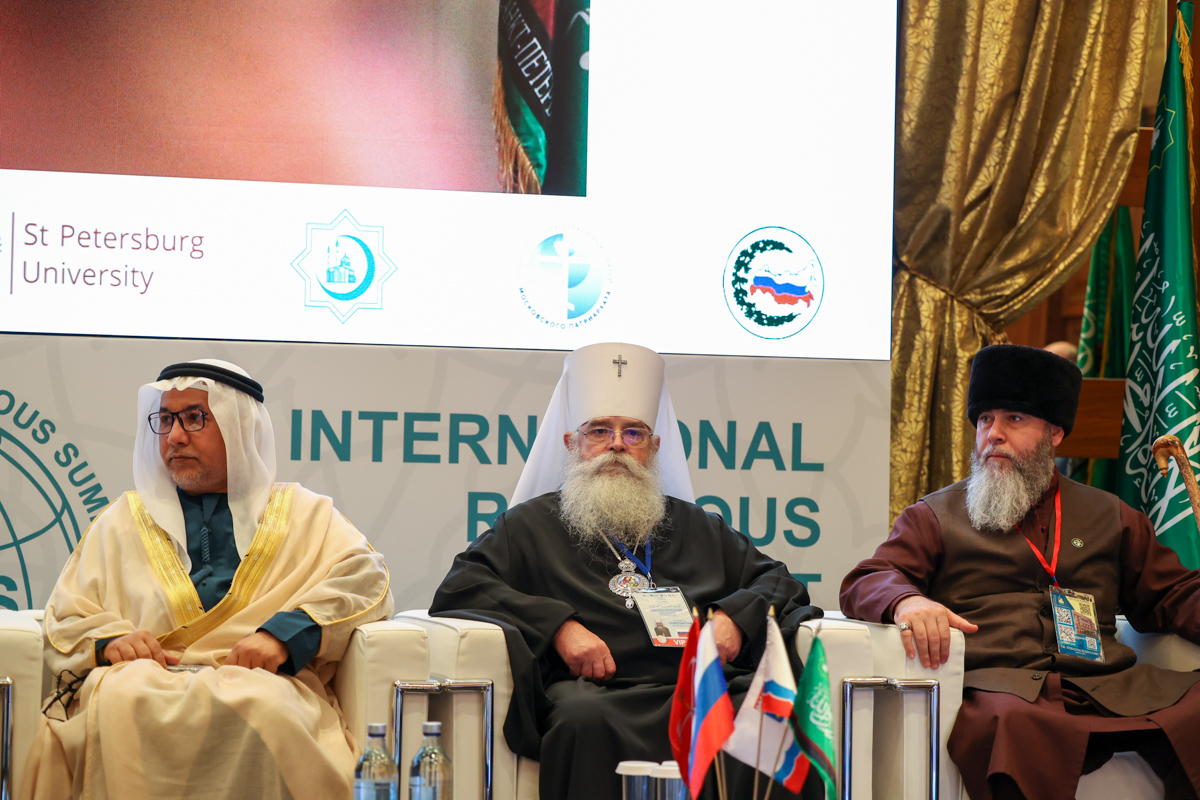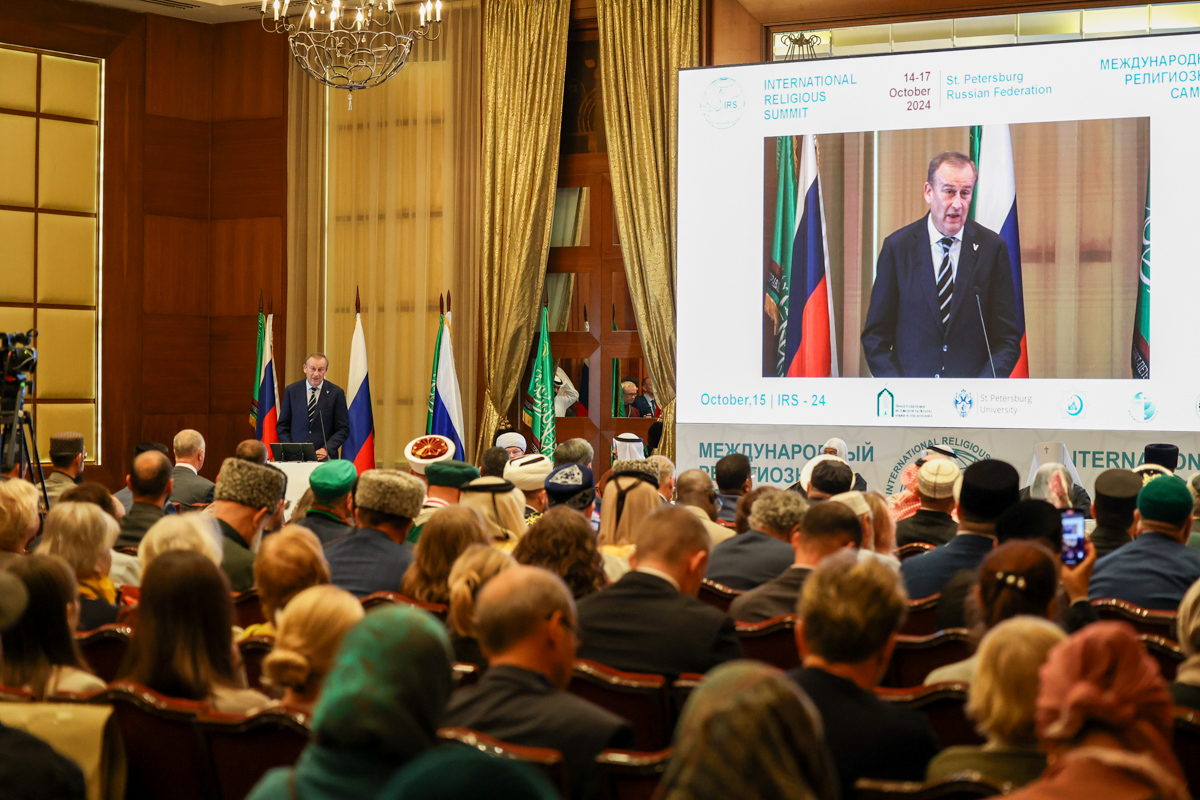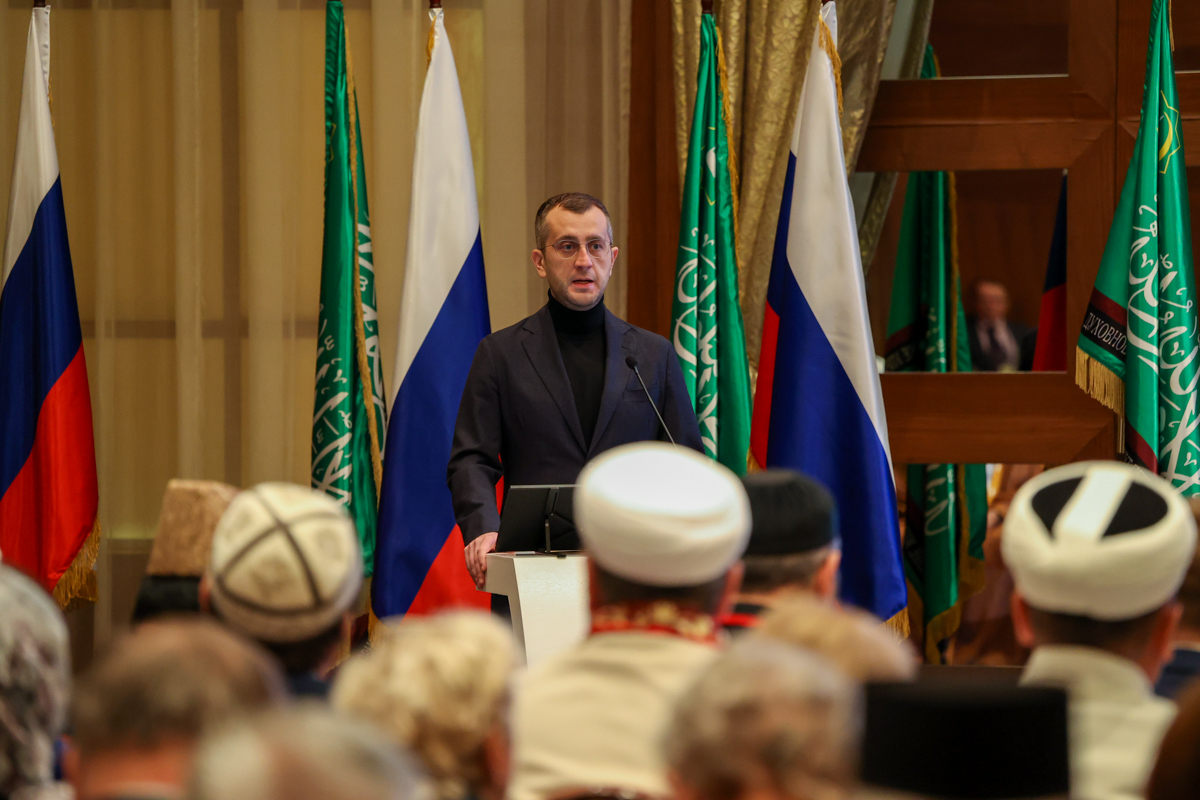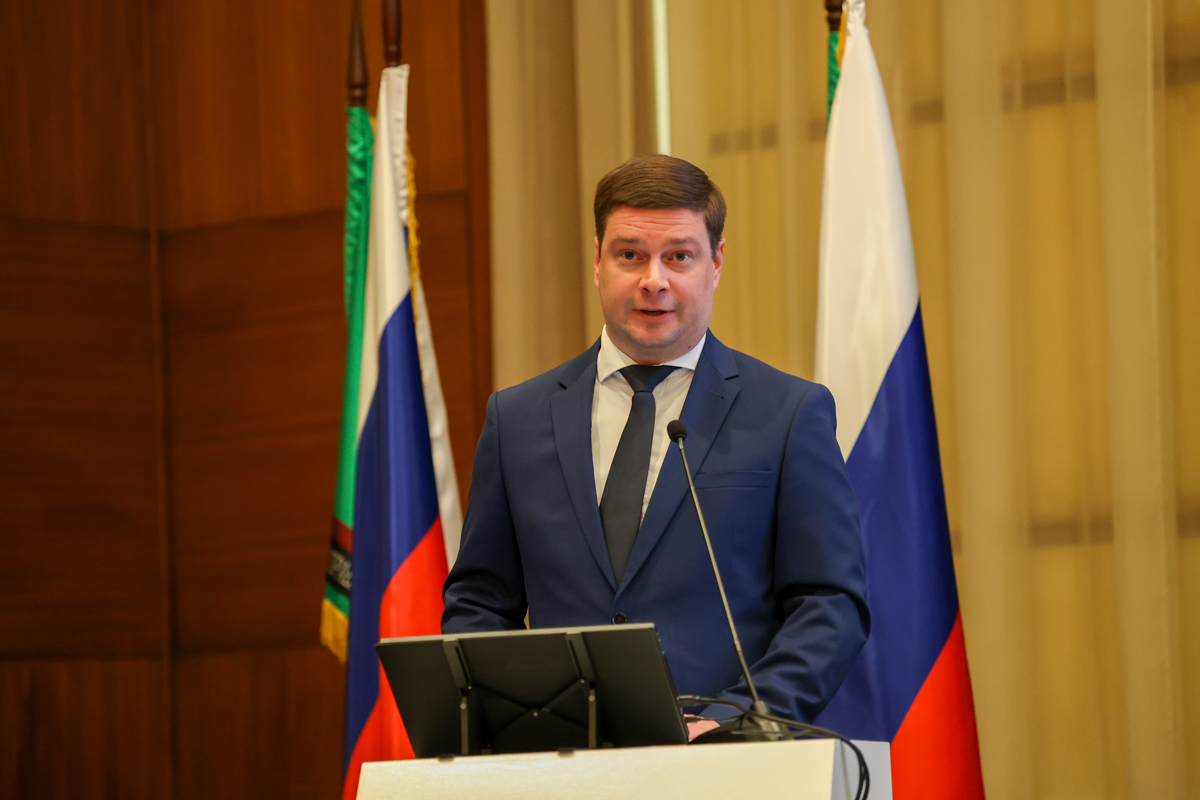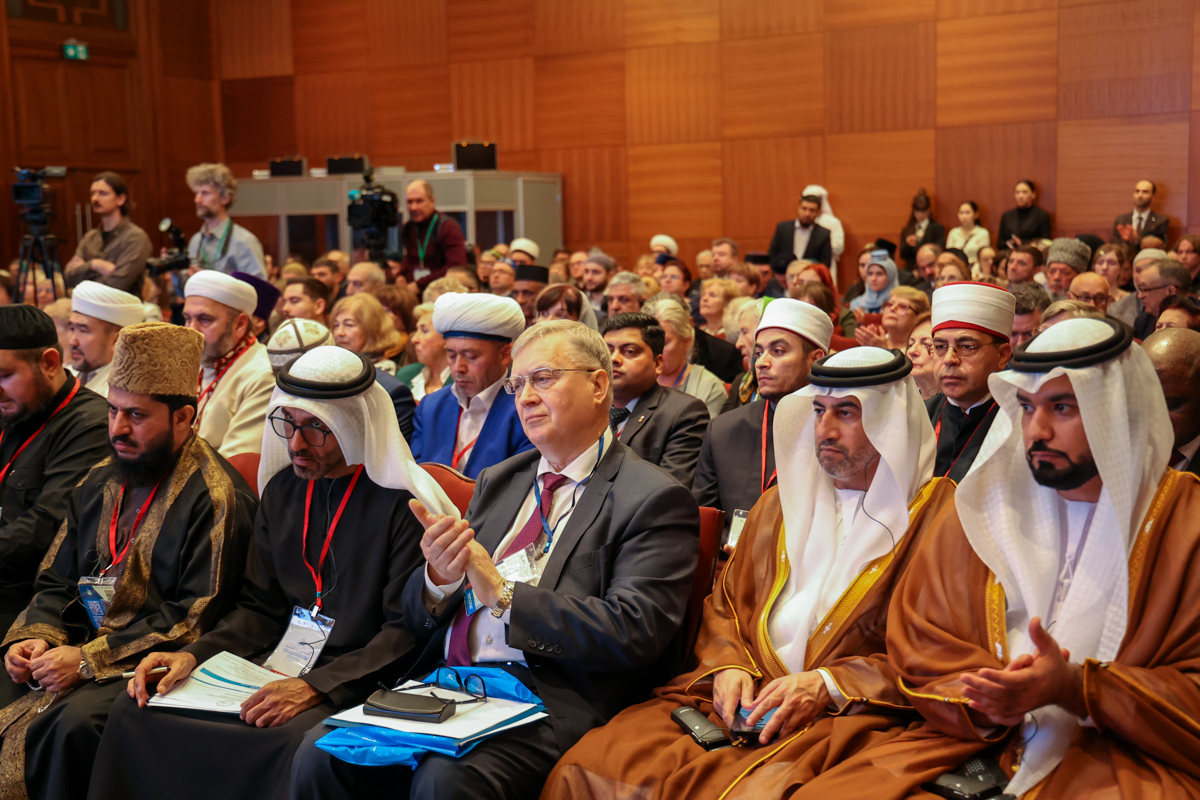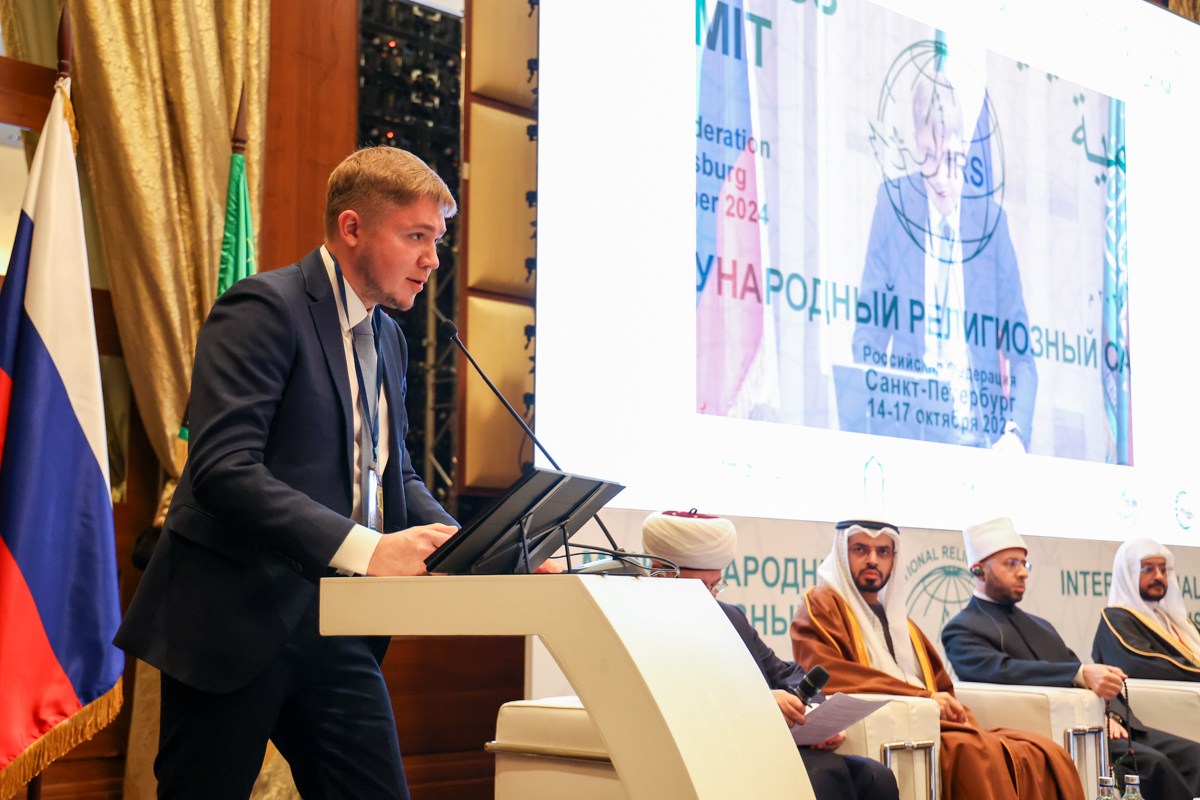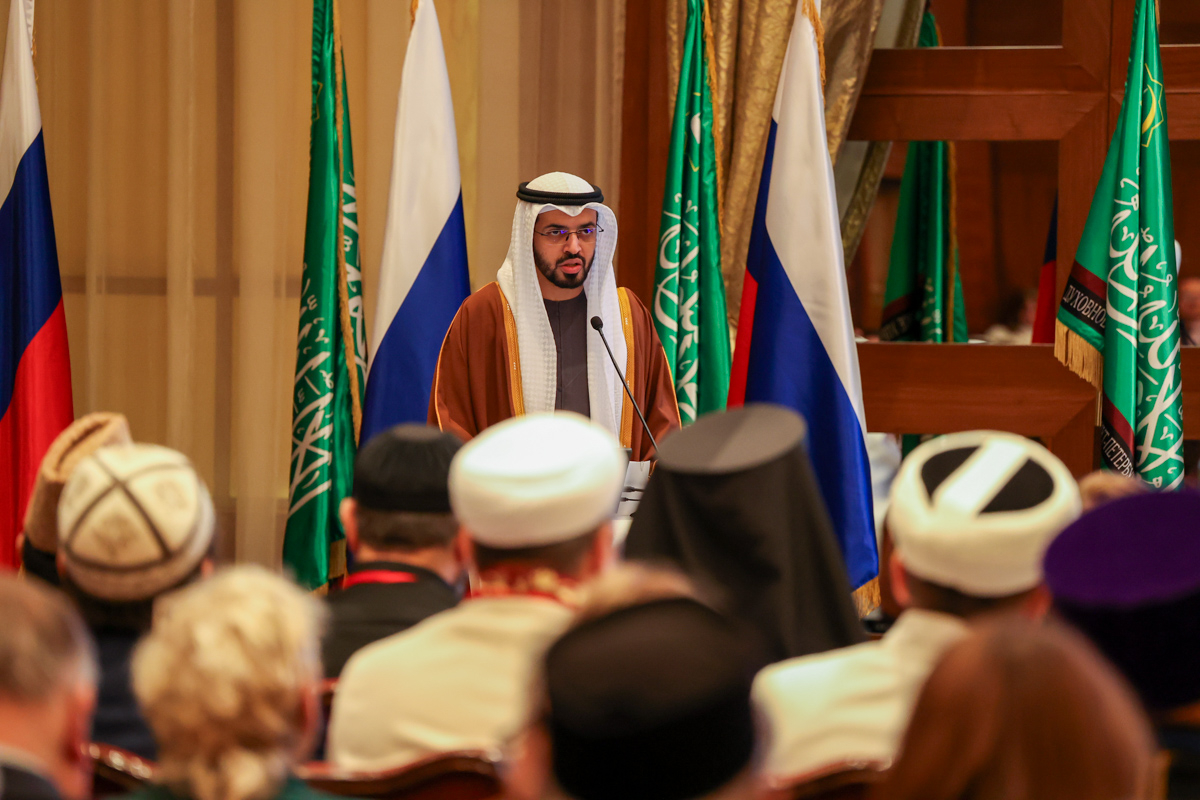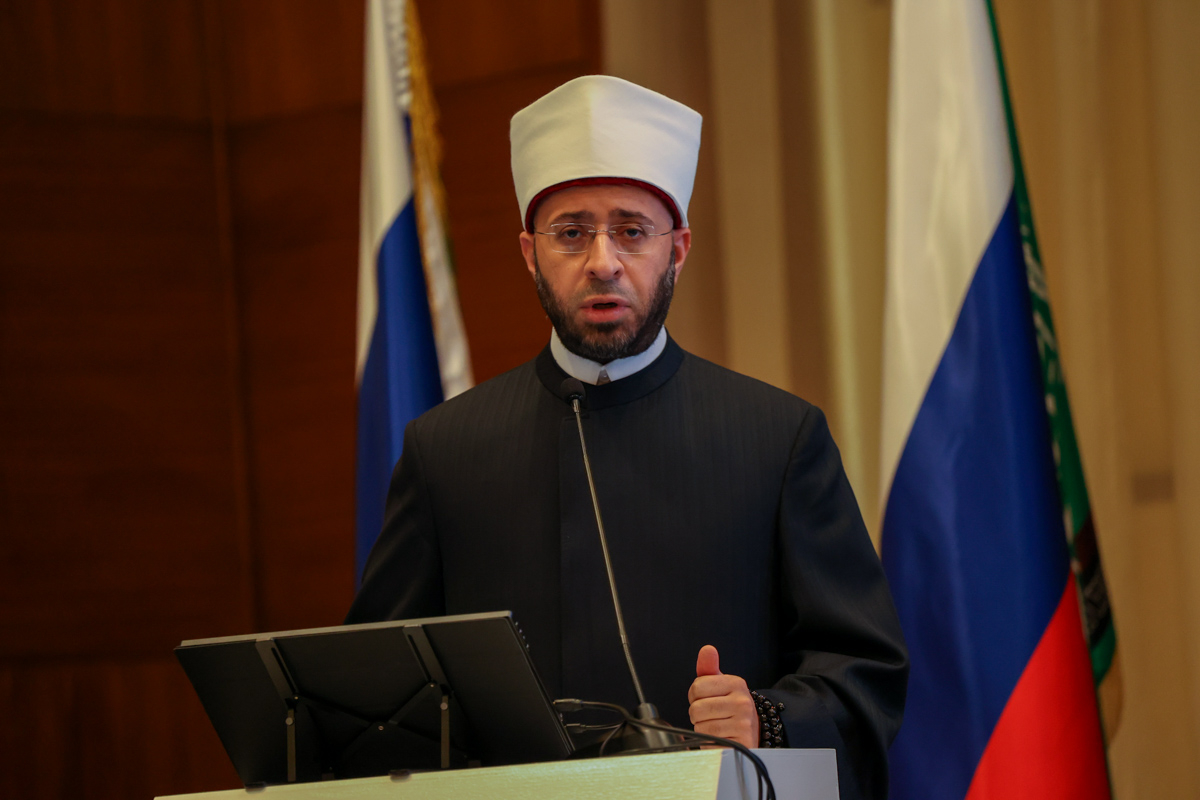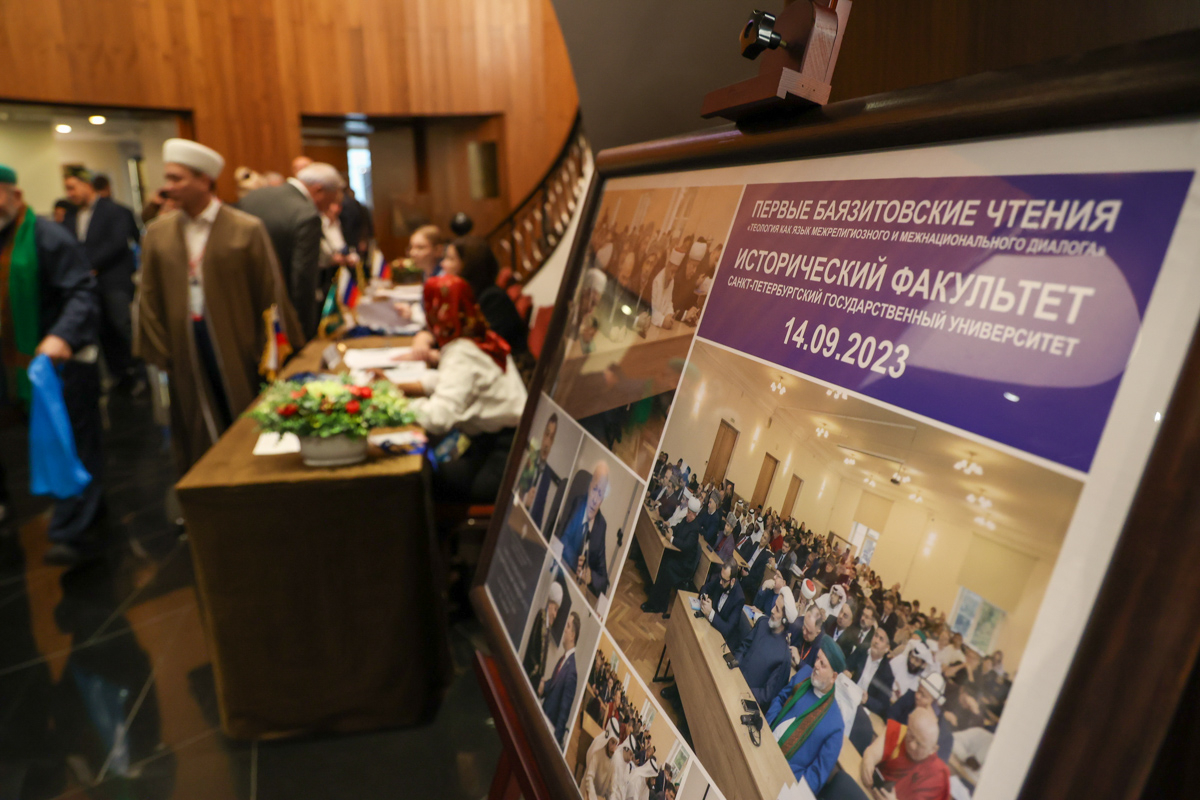St Petersburg University takes part the International Religious Summit
The I International Religious Summit took place in St Petersburg, bringing together religious, public and political figures, as well as theologians, from over 50 countries. The Summit’s agenda focuses on the role of spiritual and moral values in traditional religions and the development of interreligious and intercultural dialogue in the modern world. The event is co-organised by St Petersburg University.
The meeting discussed issues related to the interaction of world religions, the resource base of "religious diplomacy", the integrating and disintegrating functions of religion in a multipolar world, the prospects for overcoming the East-West confrontation, and other relevant topics. Participants included religious leaders from Saudi Arabia, Egypt, Qatar, the United Arab Emirates, Iran, Iraq, Morocco, Yemen, Gambia, Syria, Somalia, Uganda, Chad, France, Italy and other countries.
In an opening address to the participants, the Mufti, Chairman of the Spiritual Administration of the Muslims of St Petersburg and the North-West Region of Russia, and the Imam of the Central Mosque of St Petersburg, Ravil Pancheyev, noted that the direction of the Summit and the topics of the conferences within its framework in 2024 were determined by the organisers in response to the escalating contemporary challenges on the international stage, which pose a direct threat to the national security of the Russian Federation and are geopolitical challenges for the entire world community.
As Governor of the Leningrad Region and a member of the Board of Trustees of St Petersburg University, Alexander Drozdenko stressed that the preservation of multiculturalism, adherence to the spiritual and moral principles of the world order, and the promotion of a positive attitude towards all traditional religions and values are priority tasks for the Leningrad Region, which is a multi-national and multi-confessional subject of the Russian Federation.
In the religious tradition, we should seek the meaning of values such as goodness and love, duty and service to the homeland, honour and morality, respect for ancestors and elders, and care for children — all of which make us moral human beings.
Governor of the Leningrad Region, a member of the Board of Trustees of St Petersburg University, Alexander Drozdenko
"With regard to the Leningrad region, I would like to say that we have long established very good cooperation between the authorities and religious organisations, traditional confessions and cultural associations, all based on tolerance and respect for socio-cultural and religious differences. We clearly understand the importance of the spiritual and moral potential of traditional religions in the realities of today’s world. And this is necessary for building a peaceful and cohesive society," said Alexander Drozdenko.
St Petersburg Deputy Governor Boris Piotrovsky attended the opening of the first International Religious Summit, which he said would serve as a platform for discussing the most pressing issues of our time. "The issue of preserving and developing our spiritual and cultural values is one of the most important for the entire society of a multipolar world. It is also one of the main tasks of both the St Petersburg Government and the leadership of our country, and we are grateful that these acute and important issues will be addressed at such a high level," the Vice-Governor noted.
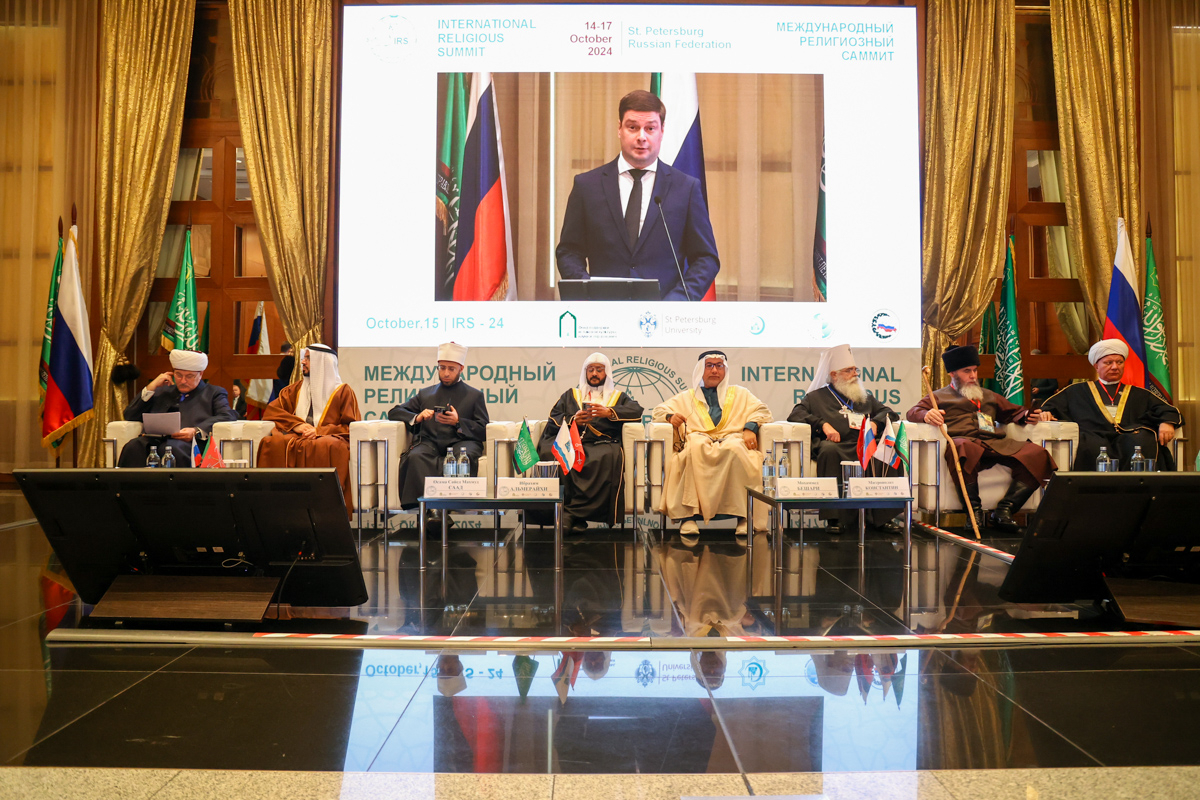
On behalf of the academic community of St Petersburg University — co-organiser of the Summit — the Vice-Rector for International Affairs of SPbU, representing the Rector of the University for this event, Sergey Andryushin, addressed the participants. He emphasised that St Petersburg has deservedly become one of the leading centres for the study of Eastern cultures and religions, and that the University’s Eastern Faculty, which will celebrate its 170th anniversary in 2024, remains an important research centre for the study of Islamic culture. The history of Islam, the economy and politics of Islamic countries, Islamic law and the art of Muslim peoples are studied by researchers teaching in various educational programmes at St Petersburg University.
Special attention is paid to the development of the theology of traditional religions in Russia. The centres and departments previously established at the university were merged in 2022 to form the SPbU Institute of Theology. We have opened educational programmes in Orthodox, Islamic and Jewish theology, and dissertations are defended in various confessional directions.
Vice-Rector for International Affairs at SPbU, Sergey Andryushin
"Recently, the University was visited by His Holiness Patriarch Kirill of Moscow and All Russia. The head of the Russian Orthodox Church noted that 'theological knowledge has always been an integral part of classical university education'," said Sergey Andryushin.
In addition, the Chairman of the General Directorate of Islamic Affairs and Charities of the United Arab Emirates, Omar Habtour Al Derei, the Minister of Waqf Affairs of the Arab Republic of Egypt, Osam Sayed Mahmoud Muhammad Saad, the Director of the Fund for the Support of Islamic Culture, Science and Education, Mikhail Gryaznov, and other distinguished guests addressed the Summit participants.
The organisers of the summit are Spiritual Administration of Muslims of St Petersburg and the North-West Region of Russia, Spiritual Administration of Muslims of the Asian Region of Russia, Department for External Church Relations of the Moscow Patriarchate, St Petersburg University, and Fund for the Support of Islamic Culture, Science and Education.
The national academic conference "Traditional Religions — for a Strong Russia" took place within the framework of the Summit. In addition, St Petersburg University will host the II Bayazitov Lectures, devoted to issues of Islamic theology in modern higher education. The list of speakers includes Vladimir Kolotov, Director of the Ho Chi Minh Institute and Head of the Department of Far Eastern History at SPbU; Oleg Redkin, Head of the Department of Arabic Philology at SPbU; and Igor Gerasimov, Professor of Middle Eastern History at SPbU.


